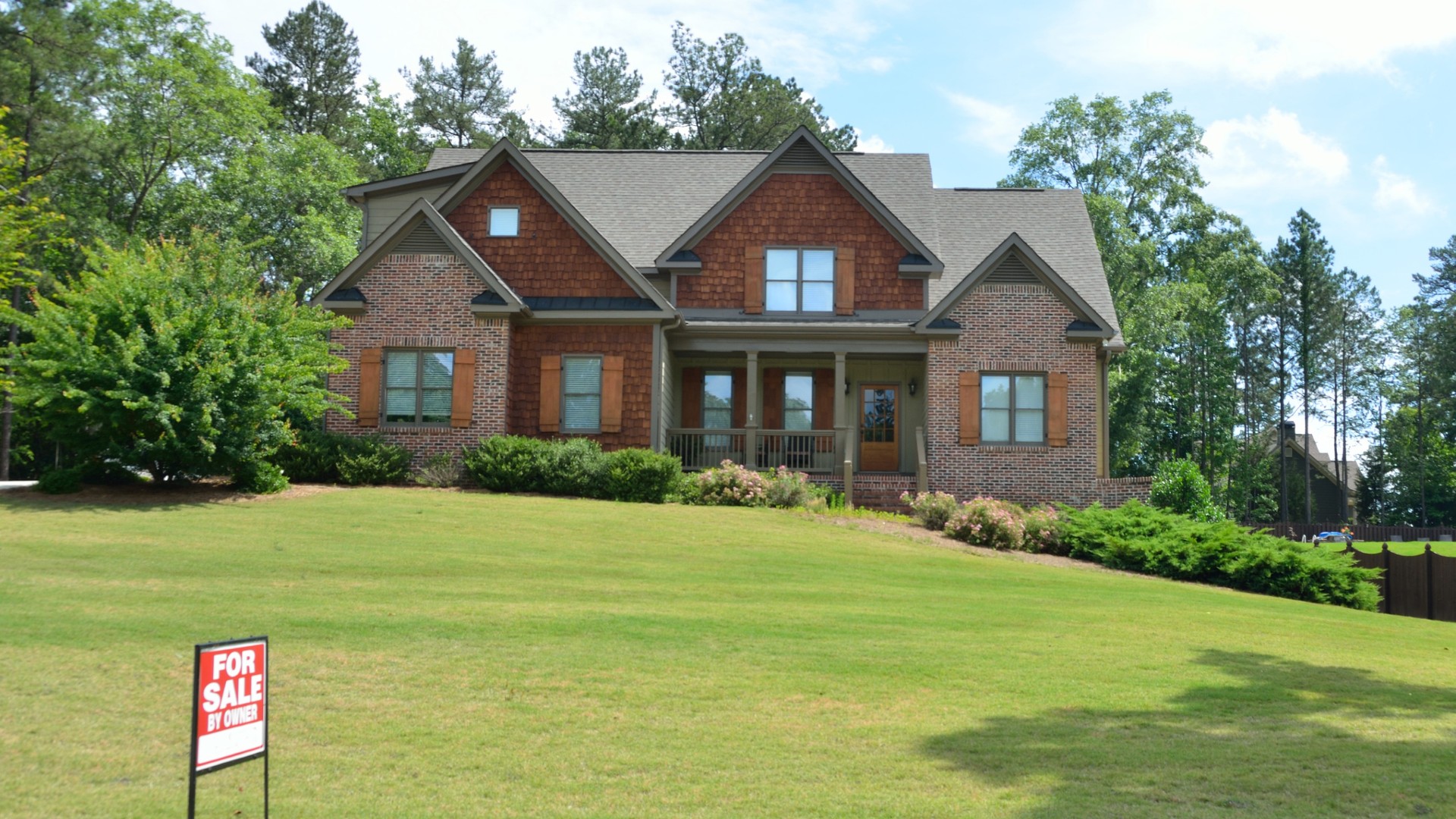
As the old saying goes, you can’t make money without spending money. And this adage applies to selling homes, too.
While you stand to earn a hefty profit from a home sale, don’t forget about the associated costs of getting your house ready to sell. These include:
Agent’s commission
Perhaps the biggest cost you’ll foot is the agent’s commission, which is usually between 5% to 6% of the selling price. To be more accurate, the commission will be split between your selling agent and the buyer’s agent. You might be able to negotiate a lower fee, though, especially if your home is in a high-demand location or if it is a high-value property. You don’t technically need an agent to sell your home, but you’ll be responsible for processing the paperwork, marketing your home, and scheduling showings. The commission pays for the expertise and the convenience you get when working with an agent.
Home repairs and upgrades
Wear and tear is inevitable, and you’ll want to conduct repairs before listing your property on the market. This can range from relatively small fixes like regrouting your bathroom to major ones like repairing your HVAC system. Needed repairs may also be uncovered during the buyer’s home inspection, so set aside money for those, too.
On the other hand, you can also undertake renovations to make your property more attractive to buyers. Note, however, that not all renovations are created equal. Practical upgrades such as a kitchen remodel or bedroom addition tends to boost home values more than leisure upgrades like a swimming pool.
Staging the property
Staging means preparing a house for sale by making it as enticing as possible for buyers. This often involves cosmetic modifications such as repainting rooms, rearranging furniture, and decluttering spaces. The goal is to make it easy for buyers to imagine themselves living in your property. You can stage a home yourself, but there are also professional stagers who are trained to highlight a property’s best features while minimizing its shortcomings. Either way, staging a home can help your property sell faster and for a bigger profit.
Buyer incentives
Want to sell your home fast? Consider sweetening the deal to convince buyers. Offering incentives is an especially useful strategy if you’re struggling to find a buyer. For instance, you can offer to shoulder the closing costs or provide a renovation budget to the new owners. Another tactic is to offer a generous incentive to the buyer’s agents, which further motivates them to sell your property to their clients. You can also pre-pay recurring home ownership costs such as HOA dues and property taxes.
Closing costs
Transferring ownership of a home is a complex legal procedure, and it costs money to complete this transaction. Collectively, these fees are called closing costs. These include expenses for title searches, transfer taxes, escrow costs, reconveyance fees, and property taxes. If these all sound unfamiliar to you, don’t fret—your seller’s settlement will include a detailed breakdown and explanation of each closing cost. It will also show your net profit after the closing costs are deducted from the sales price. Should you have any questions about closing costs, just reach out to your agent.
Transition costs
It’s recommended to sell your home only after you’ve secured a new house to move into. However, this also means you’ll be paying two mortgages simultaneously: that of your current home and of your new one. Make sure that you have enough money in savings to cover both.
If you’re decluttering your home to stage it, you might also need to rent a storage unit where you can temporarily store your possessions. Earmark funds for moving costs, too, including transporting your belongings to your new abode.
Mortgage payoff and capital gains tax
Unless your home is fully paid, the proceeds of your home sale will likely go towards paying off your current mortgage. Depending on your contract, however, you may need to shoulder a prepayment fee if you’re closing your mortgage ahead of time. Check your mortgage agreement to see if it contains such a stipulation. A home sale also increases your net worth, so you might also need to pay capital gains tax. The good news is that you can exclude up to $500,000-worth of profit from taxes, provided that the home you sold was your main residence.
All in all, expect to shell out around 10% to 15% of your home’s price to cover various selling costs. Account for these expenses before listing your property to ensure a smooth sales experience.
Need more tips for selling your home? Get in touch with our team at the Heritage Realty Group. Call us at 814.231.0101 or drop us a note here.
